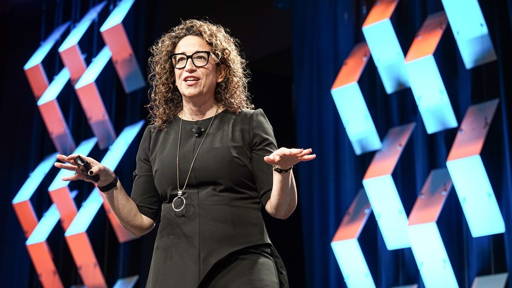A Research, published in the journal Cancer, found that the software makes it possible to intuitively translate patient charts into diagnostic information read by professionals incredibly fast, offering doctors a reliable and accurate time savings when it comes to determining the risk of cancer and the need for further testing.
To be sure of their case the research team let the AI software loose on reports of 500 breast cancer patients and used information on the diagnostic features and correlated mammogram findings for breast cancer subtypes. In just a few hours, the computer had reviewed the entire group, while doctors needed 50 to 70 hours to review only 50 patients. This suggests that this software can save doctors hundreds to thousands of hours.
Besides the fact that the AI software, decreases the suffering of patients and can give the doctors more time for other things, it also has the potential to significantly reduce costs. The costs that will amount to no less than 158 billion dollars in 2020 if nothing happens, according to the National Cancer Institute.
The researchers hope their software will help physicians to assess breast cancer risk and will adapt their procedures for recommending biopsies and thus reducing unnecessary procedures. According to Stephen T. Wong, chairman of the Department of Systems Medicine and Biological Engineering at Houston Methodist Research Institute and co-leader of this research an accurate assessment of so many documents and charts would practically be impossible without AI.
Unnecessary biopsies
The mammogram is one of the best medical resources to detect breast cancer, but when this painful method shows a potential problem, women still undergo some biopsies for a more detailed look. Often unnecessary, according to the creators of the AI software, because with a little help from computers, this can now be much less.To be sure of their case the research team let the AI software loose on reports of 500 breast cancer patients and used information on the diagnostic features and correlated mammogram findings for breast cancer subtypes. In just a few hours, the computer had reviewed the entire group, while doctors needed 50 to 70 hours to review only 50 patients. This suggests that this software can save doctors hundreds to thousands of hours.
The need for AI
Recent statistics from the CDC and the American Cancer Society shows that nearly 50% of the mammograms held annually and conducted in the USA lead to false diagnoses. According to researchers, 20% of the 1.6 million annual biopsies in the US is unnecessary due to false diagnoses in mammograms. This shows once again the necessity of the use of computers.Besides the fact that the AI software, decreases the suffering of patients and can give the doctors more time for other things, it also has the potential to significantly reduce costs. The costs that will amount to no less than 158 billion dollars in 2020 if nothing happens, according to the National Cancer Institute.
The researchers hope their software will help physicians to assess breast cancer risk and will adapt their procedures for recommending biopsies and thus reducing unnecessary procedures. According to Stephen T. Wong, chairman of the Department of Systems Medicine and Biological Engineering at Houston Methodist Research Institute and co-leader of this research an accurate assessment of so many documents and charts would practically be impossible without AI.








